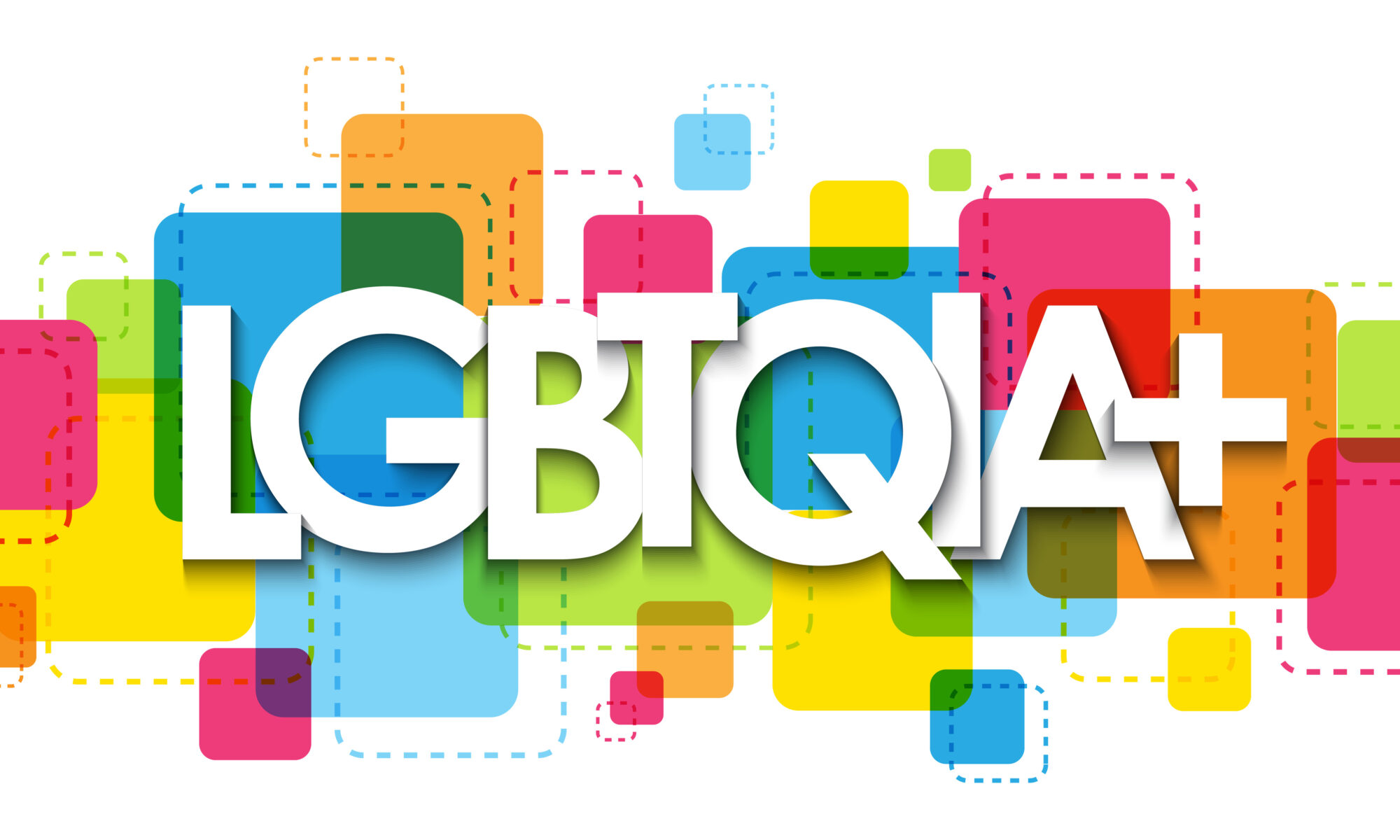Transgender Rights Under Siege: A Legal and Human Crisis
The systematic erosion of transgender rights represents one of the most significant civil rights crises of our time. From military service bans to healthcare restrictions, transgender Americans face unprecedented attacks on their fundamental freedoms and dignity. This assault on basic human rights demands immediate legal action and unwavering advocacy.
Recent developments paint a stark picture of institutional discrimination. The U.S. Air Force’s decision to deny retirement benefits to transgender service members with 15-18 years of service exemplifies the cruel reality facing our transgender community. Master Sergeant Logan Ireland, who served his country for 15 years, including deployment to Afghanistan, described feeling “betrayed and devastated” when told his retirement was denied. These are not mere policy changes—they represent a deliberate dismantling of rights that took decades to secure.
The numbers tell a disturbing story. According to GLAAD’s Anti-LGBTQ Extremism Reporting Tracker, transgender and gender-nonconforming individuals were targeted in over 52% of all anti-LGBTQ incidents tracked between May 2024 and April 2025—a 14% increase from the previous year. This surge in targeted harassment and violence coincides with hundreds of anti-transgender bills introduced across state legislatures, creating a climate of fear and uncertainty for millions of Americans.
Historical Context: A Legacy of Recognition and Rights
Transgender people have existed throughout human history, recognized and respected in numerous cultures worldwide. Native American communities have long acknowledged Two-Spirit individuals, who embody both masculine and feminine qualities and often hold special spiritual significance. This historical recognition demonstrates that gender diversity is not a modern phenomenon but a natural aspect of human experience that many societies have understood and celebrated.
The modern fight for transgender rights gained momentum in the mid-20th century, with pivotal moments that shaped today’s legal landscape. The Stonewall Riots of 1969, led significantly by transgender women of color like Sylvia Rivera and Marsha P. Johnson, marked a turning point in LGBTQ+ activism. Their courage laid the groundwork for decades of legal progress that is now under direct attack.
Key Milestones in Transgender Rights
The legal recognition of transgender rights has been hard-won through decades of advocacy and litigation. In 2020, the Supreme Court’s decision in Bostock v. Clayton County extended workplace discrimination protections to transgender individuals under Title VII of the Civil Rights Act. This landmark ruling established that firing someone for being transgender constitutes sex discrimination—a protection that remains crucial as other rights face erosion.
The Obama administration’s 2016 guidance allowing transgender students to use bathrooms matching their gender identity represented another significant milestone. Though later rescinded, this policy demonstrated the federal government’s capacity to protect transgender rights when political will exists.
These victories, however, are increasingly under threat as political rhetoric intensifies and discriminatory policies spread across states and federal agencies.
The Current Crisis: Systematic Discrimination
The Air Force’s denial of retirement benefits to transgender service members represents just one facet of a broader campaign to erase transgender people from public life. This policy forces dedicated service members to choose between their authentic identity and their earned benefits—a choice no American should face after serving their country with honor.
The data from GLAAD reveals the real-world consequences of this discriminatory rhetoric. With over 930 anti-LGBTQ+ incidents tracked in just one year, resulting in 84 injuries and 10 deaths, the stakes could not be higher. Minnesota State Representative Leigh Finke, the first openly transgender member of her state legislature, experienced firsthand the escalation from political rhetoric to personal threats. Despite her professional success, she described her first year in office as “easily the worst year, personally, that I’ve ever had.”
The murder of Sam Nordquist, a Black transgender Minnesota man who was tortured for weeks before being killed, exemplifies the deadly consequences of anti-transgender hatred. Seven people were charged with his murder, highlighting how dehumanizing rhetoric can fuel real violence against vulnerable community members.
Project 2025: A Blueprint for Erasure
The Heritage Foundation’s Project 2025 represents perhaps the most comprehensive attack on transgender rights in American history. This 900-page document explicitly calls for deleting “sexual orientation and gender identity” from federal rules, regulations, contracts, grants, and legislation. The plan would effectively erase transgender people from federal recognition and protection.
Key provisions of Project 2025 include:
Healthcare Elimination: The plan calls for Medicare and Medicaid to stop covering gender-affirming care, claiming “insufficient scientific evidence” despite overwhelming support from major medical organizations, including the American Medical Association.
Military Exclusion: Project 2025 seeks to ban transgender people from military service entirely, labeling gender dysphoria as “incompatible with military demands”—directly contradicting the successful service of transgender troops like Master Sergeant Ireland.
Educational Restrictions: The blueprint would require parental permission for educators to use a student’s chosen name or pronouns, effectively forcing transgender youth into potentially dangerous situations at home.
Workplace Discrimination: Despite the Supreme Court’s Bostock ruling, Project 2025 seeks to restrict anti-discrimination protections to hiring and firing only, leaving transgender workers vulnerable to harassment and hostile work environments.
These policies represent more than administrative changes—they constitute a systematic effort to eliminate transgender people from public life and deny their basic humanity.
California: A Beacon of Protection
While federal protections erode, California continues to strengthen its commitment to transgender rights. The state has enacted comprehensive protections that serve as a model for other jurisdictions committed to equality and justice.
California’s Transgender Rights Laws include:
Healthcare Access: State law ensures insurance coverage for gender-affirming care, recognizing these treatments as medically necessary rather than cosmetic.
Educational Protections: California schools must allow transgender students to participate in activities and use facilities consistent with their gender identity, creating safer learning environments.
Employment Safeguards: Beyond federal protections, California law provides additional workplace protections and explicitly prohibits discrimination based on gender identity and expression.
Legal Recognition: The state has streamlined processes for legal name and gender marker changes, reducing bureaucratic barriers to living authentically.
These protections demonstrate that safeguarding transgender rights is both possible and necessary for creating inclusive communities where all people can thrive.
The Legal Imperative: Fighting Back
The current assault on transgender rights demands immediate legal intervention. Employment discrimination, healthcare denial, and government harassment all violate fundamental constitutional principles of equal protection and due process. These are not political issues—they are civil rights violations that require aggressive legal advocacy.
If you are a transgender individual facing discrimination, harassment, or retaliation in any setting, you have legal rights that deserve protection. Employment discrimination based on gender identity violates federal law under the Supreme Court’s Bostock decision. Healthcare providers who deny services based on transgender status may violate state and federal anti-discrimination laws. Government agencies that single out transgender individuals for different treatment risk constitutional challenges under the Equal Protection Clause.
The legal system provides powerful tools for fighting back against discrimination. Class action lawsuits can challenge systemic policies that harm entire communities. Individual discrimination cases can secure justice and financial compensation while setting essential precedents. Constitutional challenges can overturn discriminatory laws and protect fundamental rights.
Taking Action: Your Rights and Resources
The transgender community and its allies must mobilize immediately to protect hard-won rights and challenge discriminatory policies. Legal action represents one of the most effective tools for fighting systemic oppression and securing lasting change.
Document Everything: If you experience discrimination or harassment, maintain detailed records including dates, witnesses, and any written communications. This documentation becomes crucial evidence in potential legal proceedings.
Know Your Rights: Understanding your legal protections empowers you to recognize violations and take appropriate action. Federal employment protections, state anti-discrimination laws, and constitutional guarantees all provide potential avenues for legal remedy.
Seek Legal Counsel: Discrimination cases require specialized knowledge of complex federal and state laws. An experienced civil rights attorney can evaluate your situation, explain your options, and develop a strategy for protecting your rights.
Connect with Organizations: Groups like the Transgender Legal Defense & Education Fund, Lambda Legal, and the ACLU provide resources, support, and sometimes legal representation for transgender individuals facing discrimination.
Support Legislative Advocacy: While pursuing individual legal remedies, supporting organizations that advocate for protective legislation helps create systemic change that benefits entire communities.
The Path Forward: Defending Dignity and Rights
The current assault on transgender rights represents a critical moment in American civil rights history. Like previous struggles for equality, this fight will be won through sustained legal advocacy, community organizing, and unwavering commitment to justice.
Legal challenges to discriminatory policies must be filed immediately. Every denial of benefits, every act of workplace harassment, and every discriminatory policy creates an opportunity to push back through the courts. These cases not only provide relief to individual plaintiffs but also establish precedents that protect entire communities.
The transgender community deserves the same rights, protections, and dignity afforded to all Americans. Their service in our military, contributions to our communities, and simple desire to live authentically pose no threat to anyone. The systematic campaign to erase transgender people from public life represents a fundamental betrayal of American values of equality and justice.
No one should face discrimination, harassment, or violence because of who they are. If you or someone you know has experienced discrimination based on gender identity, transgender status, or any other protected characteristic, legal help is available. Confidential consultations can help you understand your rights and options for seeking justice. The fight for transgender rights continues in courtrooms across the nation—and experienced legal advocates stand ready to defend these fundamental freedoms.



